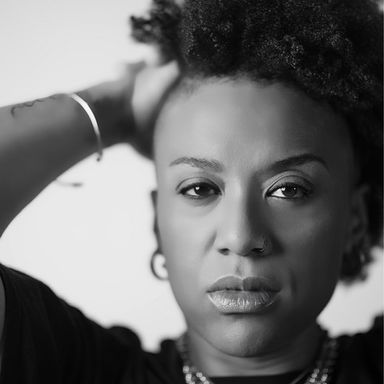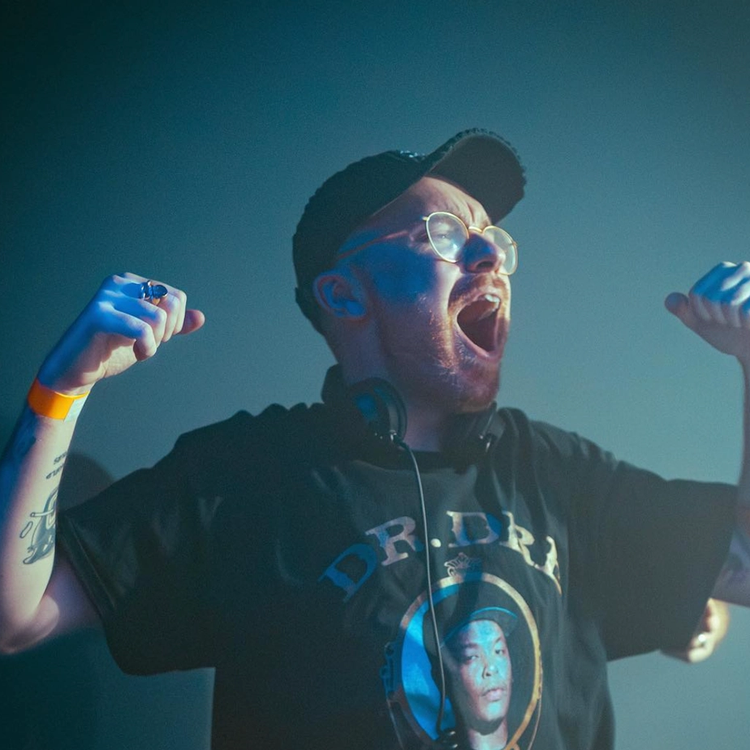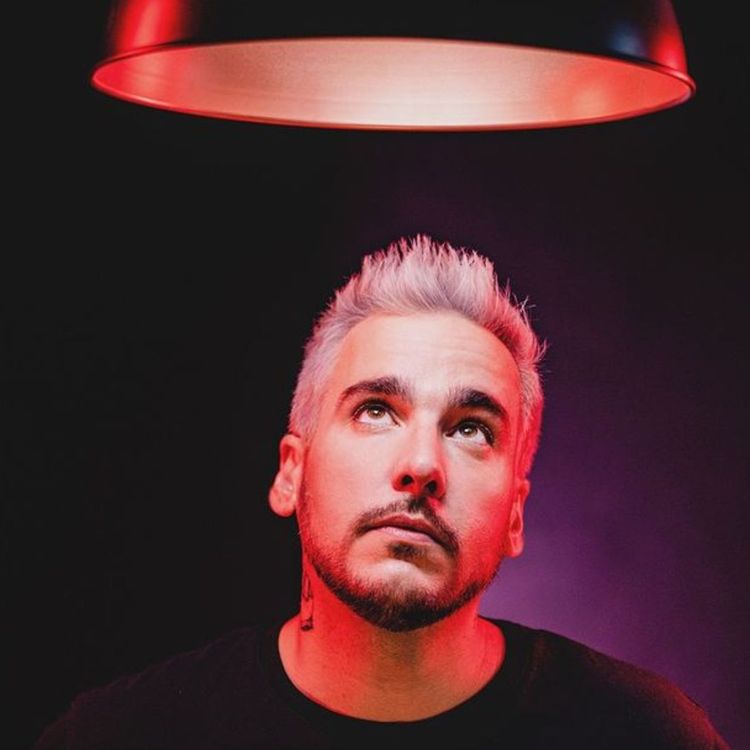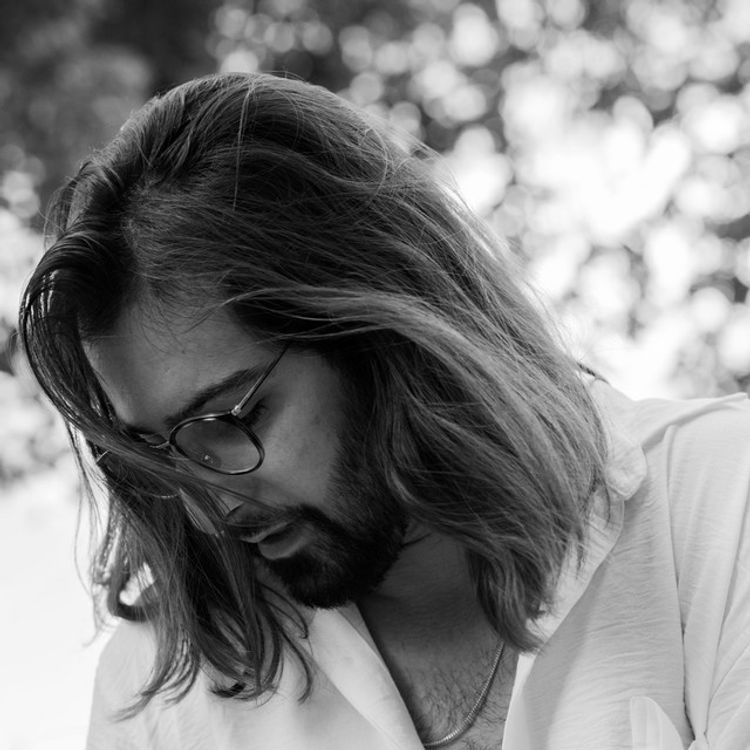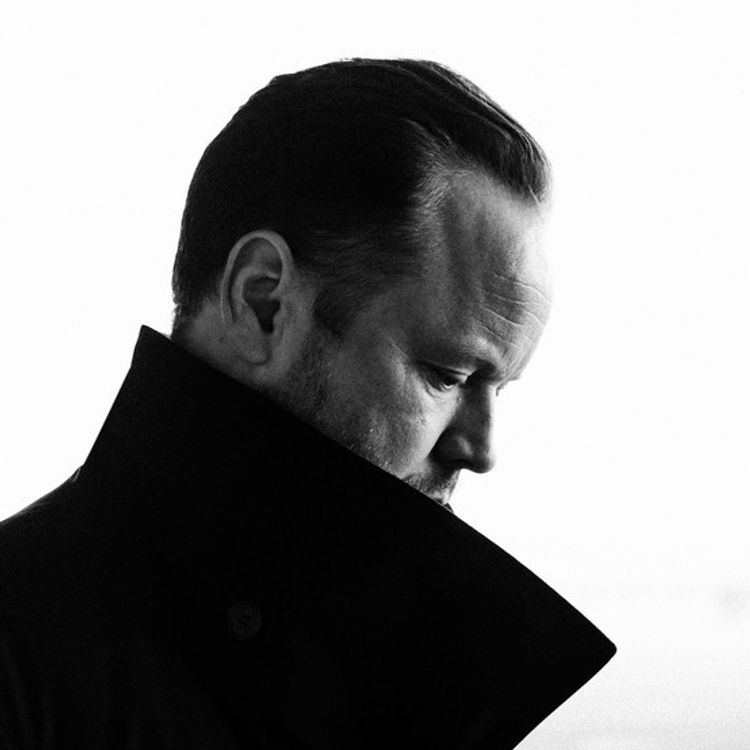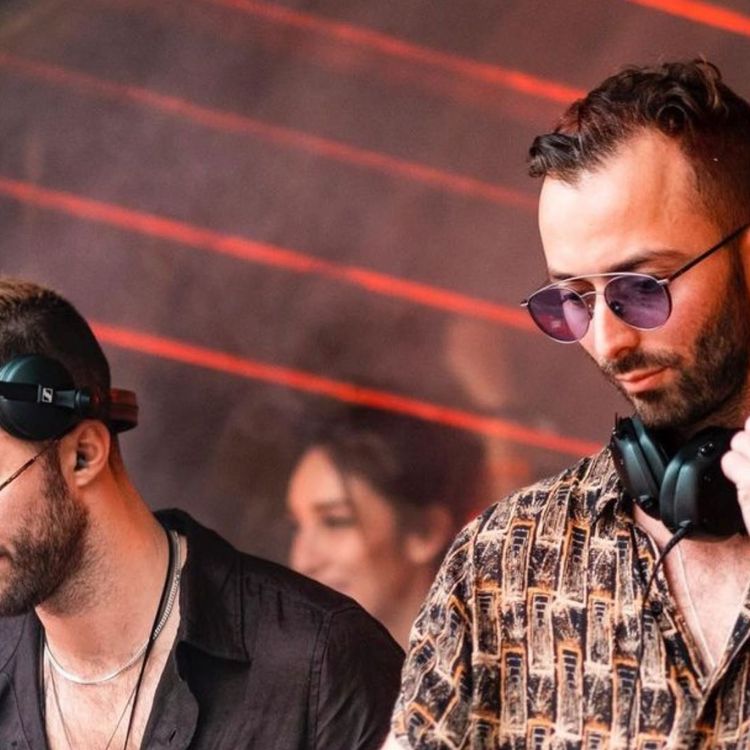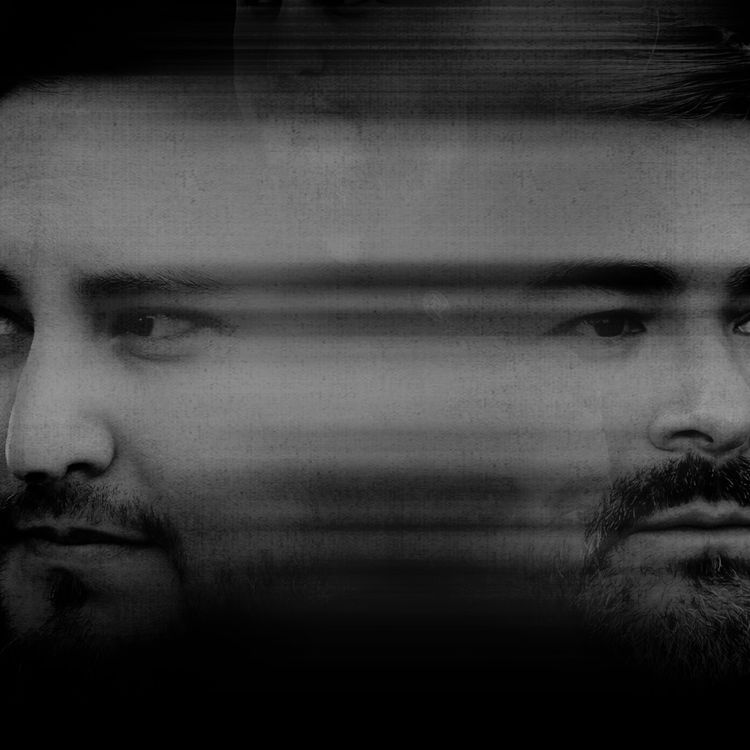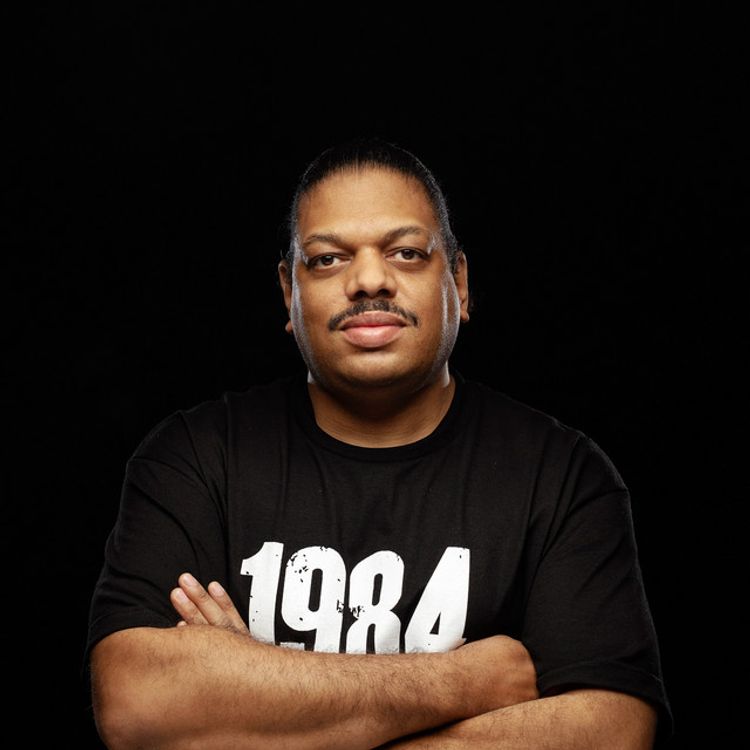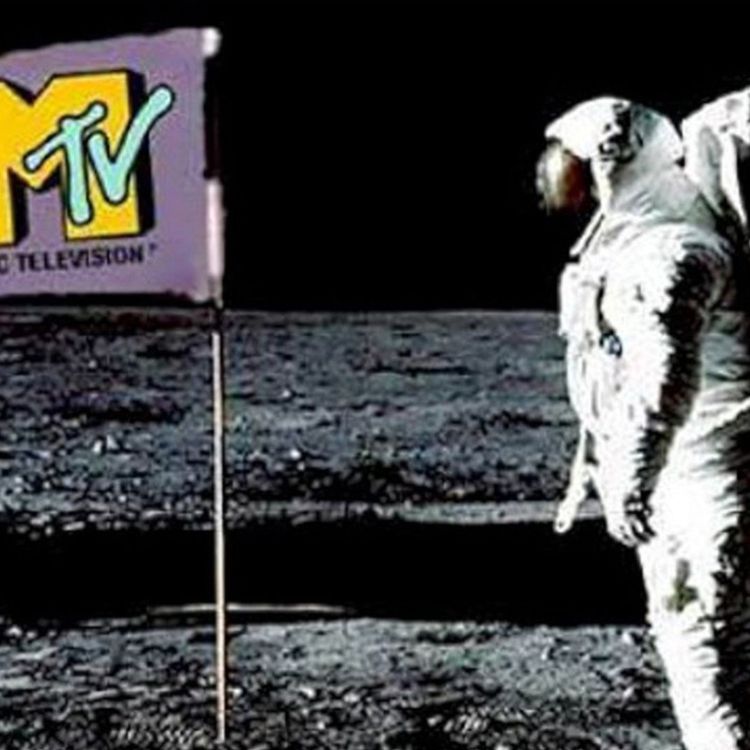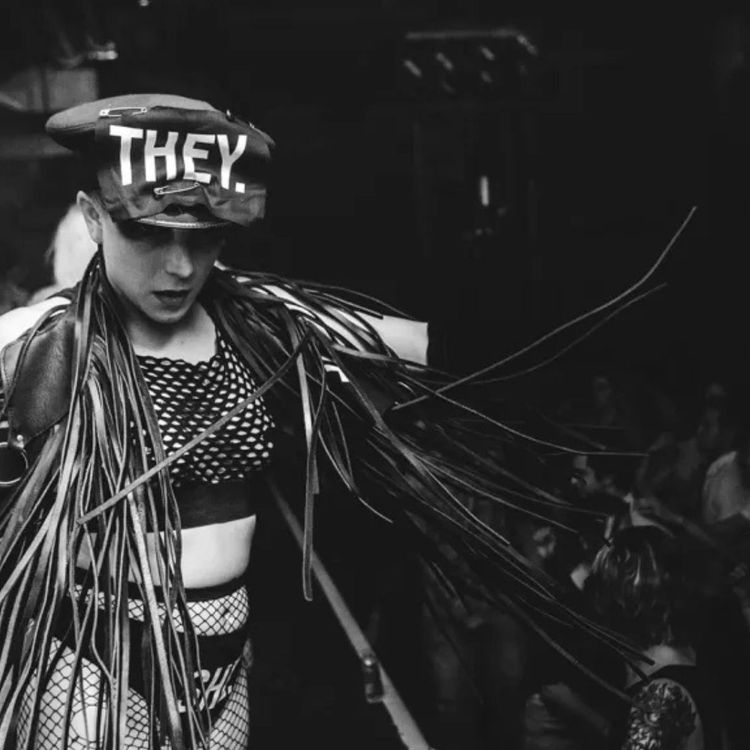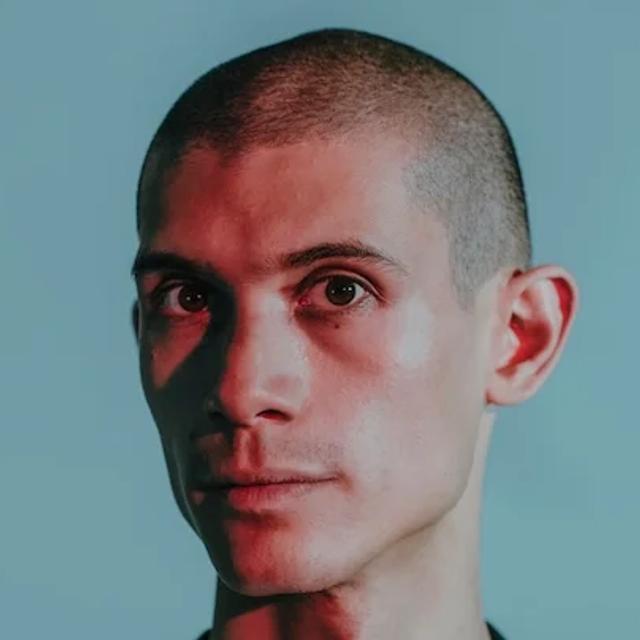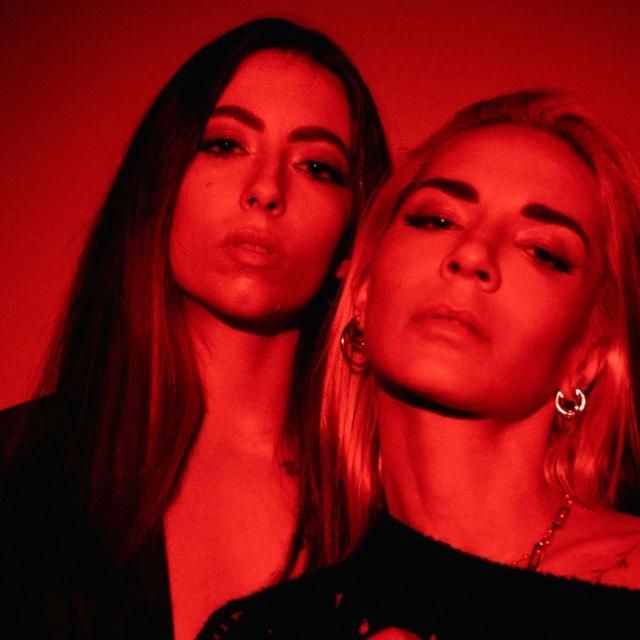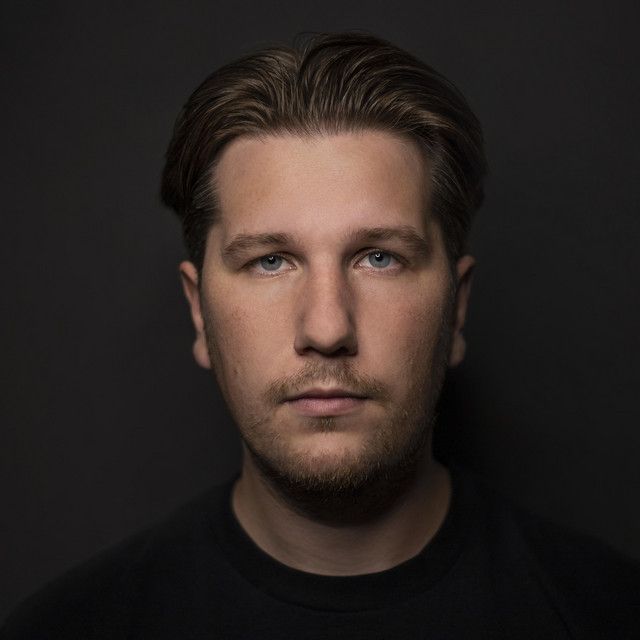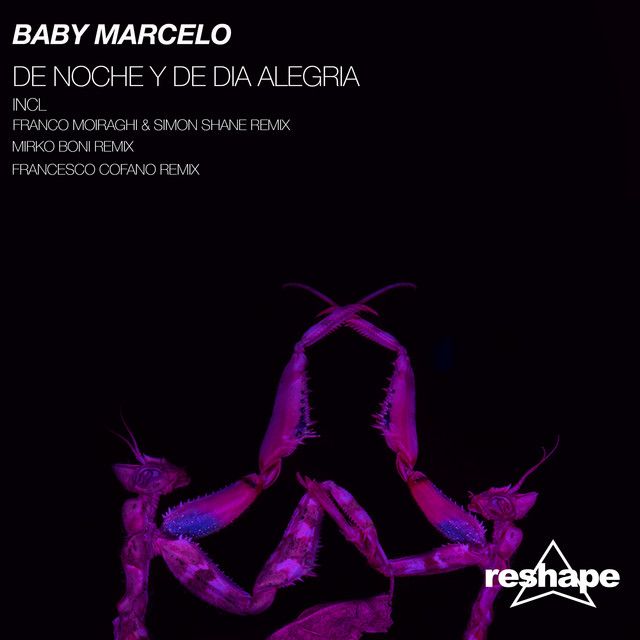Artist Spotlight
You’d be hard-pressed to find a talent Maria “Ri Ri” Garcia, aka Rimarkable, doesn’t possess. A multi-faceted artist, the international DJ, producer, vocalist, drummer, dancer, and broadcaster has jettisoned into the global spotlight as one of dance music's premier tastemakers.
Many know Rimarkable as the voice and face of the Defected Radio Show, one of the world's most widely syndicated dance music shows. The Detroit native hooked up with Defected in early 2021—shortly after signing with the UK-based house juggernaut—and has since become a staple on their global festival and club circuit.
One of Rimarkable’s most striking qualities is the sheer depth and richness of her musical knowledge. Yet as much as her success can be attributed tenacious work ethic, an understanding of the industry, and an academic approach to music history (she’s teaching a lecture series called “The Alchemy of DJing” at New York University this fall), her most refreshing and inspiring trait is something often absent in music today: heart.
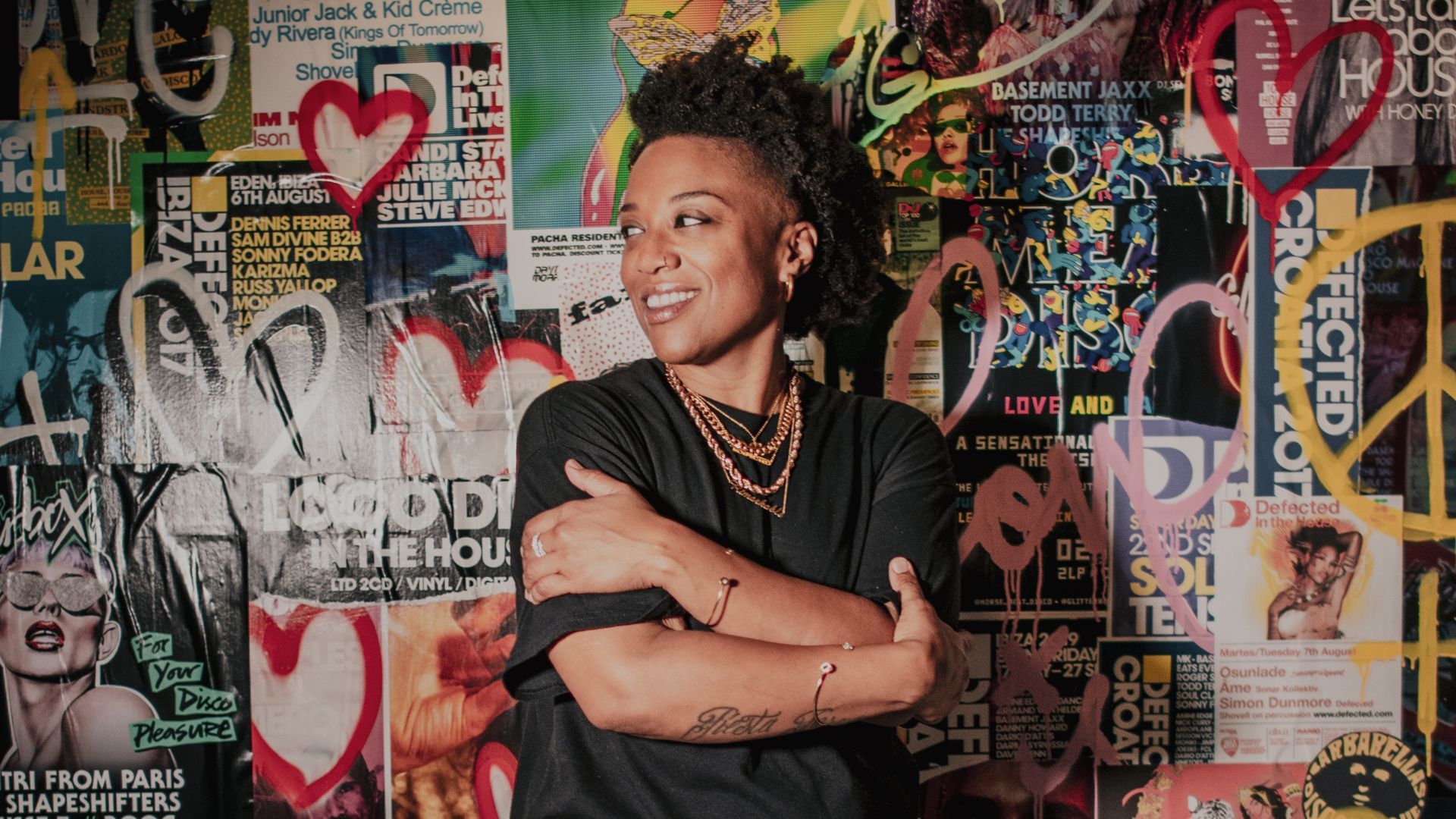
Gavin Mills
Rimarkable grew up in a crucible of sonic influence, a child of funk, soul, jazz, rock, hip-hop, and what she references as the "foundation” of many American genres, gospel. Her mother was a classically trained pianist and music minister at a Pentecostal church where Rimarkable sang in the choir. Both gospel and classical music still play a pivotal role in her identity as an artist.
“I grew up pretty privileged with the ear,” says Rimarkable. “My very first intro to music was classical. I count that as a privilege because classical music is adjacent to class. It wasn’t common, as a Black woman growing up in Detroit, to have access to that beautiful and complicated style of music. It prepared my brain for intricacies and awareness of music.”
That well-tuned ear resulted in a life-changing discovery: house music. She vividly recalls her first encounter with the genre as a kid dozing off in the backseat of a car on a trip home from Chicago.
“My mom was raised in Chicago, so we visited often. On one trip coming home, I fell asleep with my Walkman headphones on. I’ll never forget, I was leaning on the window, and this music came over the radio. It woke me up out of my sleep. It was house music… My body just started going. It was incredible. I had to have it. I needed more of it. For the rest of my life, I was in constant pursuit of it.”
In addition to growing up in a family of musicians, Rimarkable's adolescence was during one of the most sonically abundant eras in history: the 80s, which saw the advent of hip-hop, the dawn of house, and the emergence of techno in the very city where it was born, Detroit.
“I grew up hearing everything,” she emphasizes. “The 80s was just a cauldron of everything. And everybody was into it.”
That same effortless defiance of categorization has become a marker of Rimarkable career and sonic style. As a self-described fuser of sounds, “wrapped into a house and techno box,” she’s made a name as a globally-renowned purveyor of great music—be it disco, house, or hip-hop. Of course, growing up in the Motor City played a massive role in Rimarkable’s ethos as an artist. When asked about her hometown’s seemingly magical ability to churn out prolific musicians, Rimarkable reveals that it might not be magic at all. Rather, it’s hard work and hope.
Detroit is a stone’s throw away from Canada, it was one of the last stops on the Underground Railroad, and she explains, it’s a place of tenacity and raw industry, whether that comes in the form of an automobile or a Motown record.
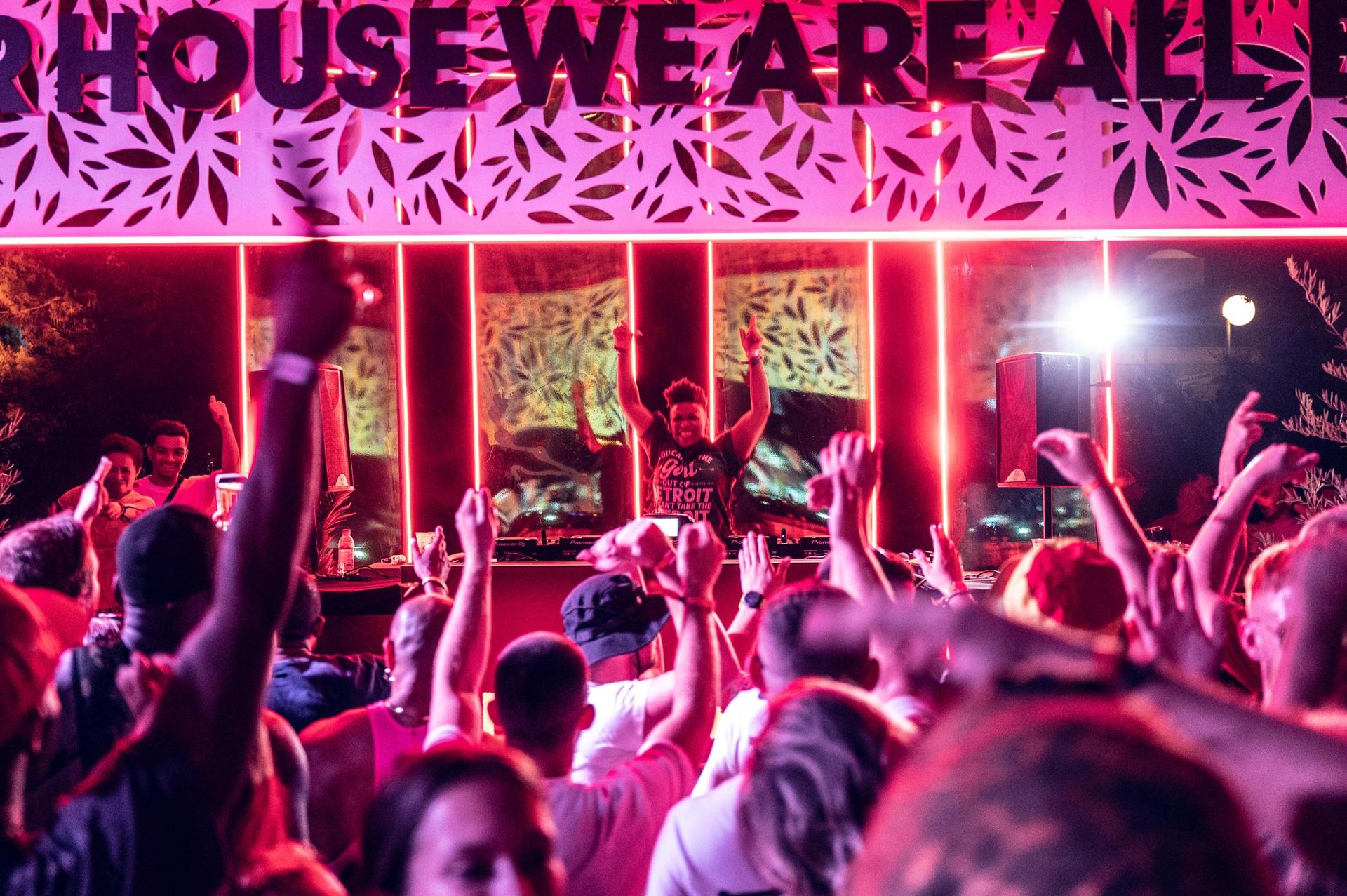
Gavin Mills
“Detroit is a hard place. But it’s also super beautiful and super soft. It’s so far up north that people kind of forget about it. There’s so much hope there. But also, a ton of industry and hard work,” she says. “People kind of forget about Detroit. It doesn’t get remembered all the time. I like to think when people aren’t watching you, you get to do whatever the hell you want to do. We can be weirdos. We can try different things. We can be adventurous. The music tells it all.”
And that it does. Detroit has produced some of the deepest, most soulful, and acidic sounds to bless a sound system. But Rimarkable is mindful of giving credit where credit isn’t always given: To the women of dance music who inspired her career.
“Sarena Tyler. Stacey Hotwaxx Hale. I definitely want to give them a shoutout.” Rimarkable says of the two artists foundational to the birth of modern dance music.
In the same way, fighting for her rightful spot behind the booth and recognition among industry insiders has been part of Rimarkable’s own story as an artist.
“A big part of my journey is combatting people’s assumptions,” she says. “I’ve always had it in my mind that I had to prove people wrong. Because people made assumptions about me being me. Me being a woman. Me being a Black woman. Or just me being powerful.”
A self-described “club kid” at the time, Rimarkable began DJing during college in 1997, first doing private events (which taught her valuable lessons about spinning for a crowd with diverse tastes) and eventually migrating to the New York club scene in the early-2000s. She continued to cut her teeth as a professional DJ while learning to produce music.
“I started recording with some producers, and I was getting taken advantage of in terms of business. I have a ton of music out in the world that does not list me as the artist, has misnamed me, or for which I haven’t gotten paid. But I wanted more autonomy with how [my music] sounded anyways, so I taught myself how to produce music.”
Today, the multi-hyphenate musician has developed a stronghold in the dance music world, with recent releases on Rise Music, Urban Folk, and toucan sounds. Recently, she’s performed at New York’s Avant Gardner, Le Bain, Knockdown Center, and Ibiza’s Eden. She’s even helped bring her hometown roots to the Adriatic coast, DJing for Defected Croatia’s first-ever “Defected x Detroit Takeover” hosted by Motor City legend Carl Craig.
Rimarkable’s intrinsic ability to understand the spiritual connection between the dancer, the DJ, and, ultimately, the producer has taken her to new heights in her career. But no matter where in the world she is at any given moment, it always comes back to the sanctity of the dancefloor.
“Music is my ministry,” she says. “I want to bless as many people as possible. I want you to come to church. I want you to get some healing. I want to create an experience that takes you away from the craziness of the world. Joy is my life’s work, and I mean that.”
As the artist eyes her next moves, she intentionally creates opportunities for others, specifically, creating more spaces for women and Black artists. And as one of the most well-known dance music radio hosts, she’s conscious about helping the culture reconnect with its roots.
“People have gotten away from the goal. That love of music. Have gotten away from ‘I’m making this track for my people at the club tonight to dance to.’ There was something so pure and so beautiful about that. I think what the industry has been doing is making a facsimile of that heart. Because what happens when something constantly gets faxed? The ink dulls. And you start having blotchy imagery. And it looks like a carbon copy.”
But just like the City of Hope where she grew up, she is confident that good music is still to come.
“There is still time. There is still space for newness. There is still time to impress folks. We haven’t heard everything yet.”
